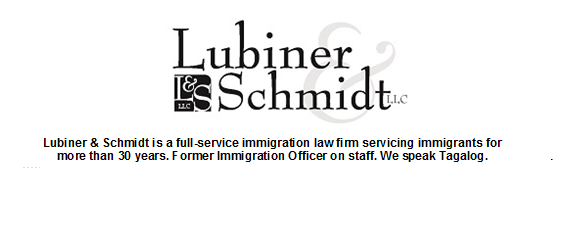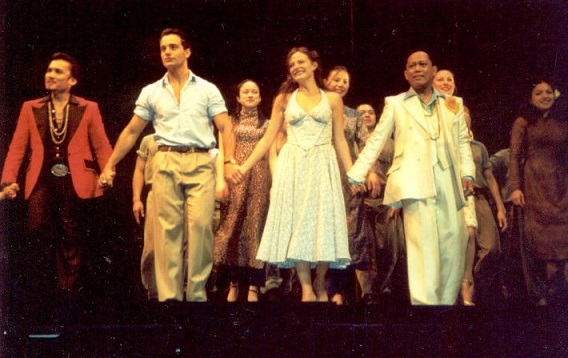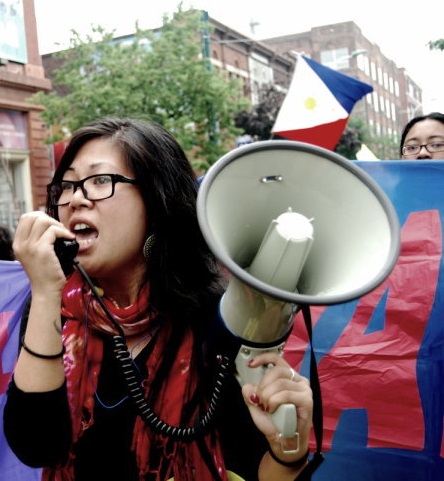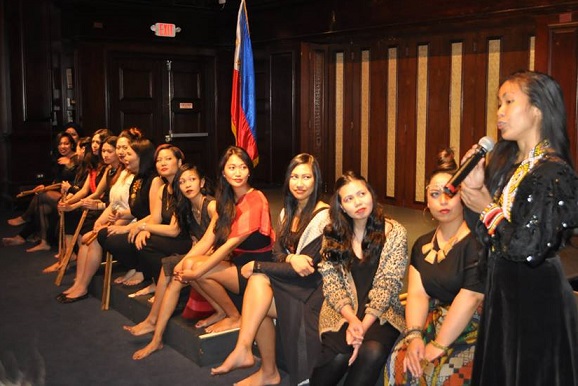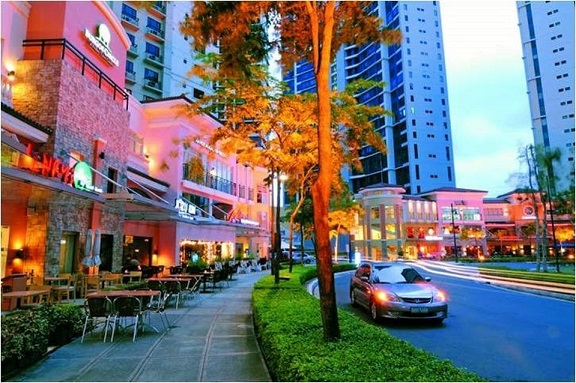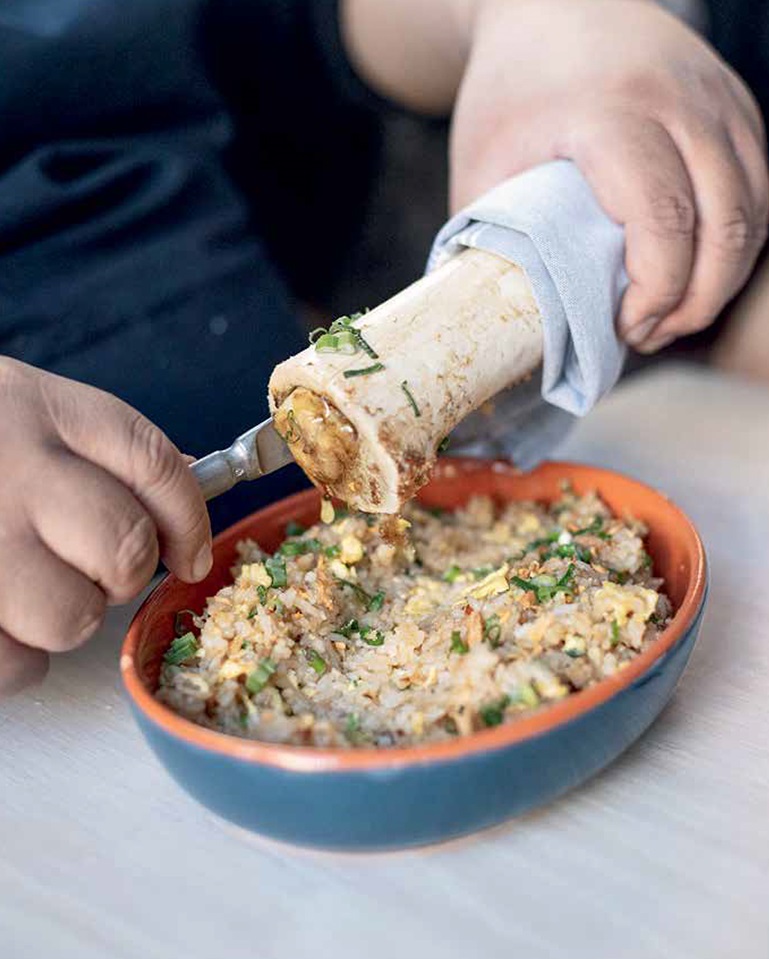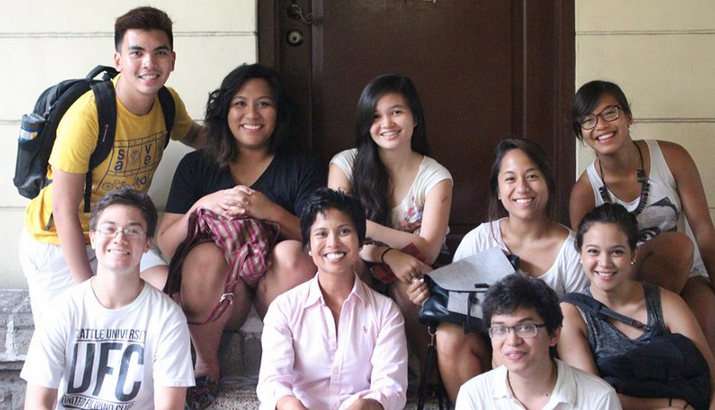A Balikbayan Manifesto
Last year, about a dozen fellows from Kaya Collaborative spent some time in the Philippines to learn about the country of their parents and a culture that seemed vague to some and complex to others. For several months, they lived with host families and relatives, got to shake hands with government officials, had conversations with grassroots and social innovation leaders, and lived the Filipino life wherever they found themselves – in the city or in the regions. Back in the U.S., they are sharing with other young FilAms what they have learned. Their treasures of wisdom are compiled into what they call the Balikbayan Manifesto. — EditorBy Rexy Josh Dorado
Doors opened for us. We found ourselves in conversations with decision makers, presented with a wealth of exciting opportunities, and touching upon spheres of power and influence that we likely never would have known if we had stayed in the States – or if we had stayed here.
As members of an organized Filipino America that has built its voice fighting racial injustice in the States, it’s odd and uncomfortable finding ourselves in a position of such clear privilege. It’s difficult to talk about, and even more difficult to know what to do with. But as we’ve learned in our resistance against white privilege and Western imperialism, oppression finds its power in uncomfortable silence and silenced discomfort.
We, the children of migration, need to work towards a better understanding of ourselves in terms of power and privilege. The vibrant potentials and the quiet dangers of our work. The possibilities and the tensions that we find ourselves entangled in.
We are positioned to play a powerful role as transnational actors – but we need to do it with care, with respect, and with true solidarity at heart.
We at Kaya Co. offer our own rough take on a new balikbayan manifesto. It’s much easier said than done, but we hope that our community of returnees and circular migrants can take some of the points below to heart.
Toward a New Balikbayan Manifesto
As balikbayans, we recognize that our lives and our identities have positioned us to find success in our homeland, and to make an impact for others around us.
We recognize our strengths. Through a mix of active decisions and accidental circumstance, our skills and our education have opened doors for growth as an individual and as a citizen. Our perspectives can give birth to new ideas and drive cultural exchange. Our international networks position us to funnel global resources, understanding, and allyship to our motherland.
We recognize that our struggles as Filipinos in the diaspora are real, and that returning to the Philippines holds the promise of unearthing parts our histories and our voices that we lost along the way. Our connection to the Philippines, though incomplete, is genuinely personal, and it gives us a stake in the equation that we cannot shake off.
We recognize that the Philippines contains opportunity, culture, ideas, and people who can add tremendous value to our lives. At the same time, we recognize that we are privileged in our ability to enjoy these opportunities without having to know the struggles that created them.
We recognize that life in our new land comes with an unspoken security that is absent to too many here, and that being outside the Philippines has placed us closer to certain opportunities and relationships that have helped us along the way. We recognize, furthermore, that this privilege has instilled in us biases that shape our interpretation of life and culture in the Philippines.
We recognize that this is dangerous. If left unchecked, we can become the vehicle for the perpetuation of a culture that favors the foreign over the local. If left uninformed, the stories we tell can feed damaging stereotypes of the Philippines and its people. If done without care, the resources we bring back can grow or sustain inequalities that exist within the Philippines.
We resolve, then:
• First and foremost, to listen and to learn;
• To never profit off of struggles we do not know, financially or otherwise;
• To never speak for cultures and communities that we are not fully in touch with;
• To always use our privilege to redirect resources, understanding, and attention to communities outside our circles;
• To always work in partnership with the Philippines, never as a misguided savior or an unintentional colonizer;
• To always check our motives, actions, and impact regarding all of the above;
• And to always do our part in telling a story of the Philippines that stars the Philippines — a story that grows the dreams and capacities of its people — a story that’s already playing out, right here and right now, but finds itself sadly ignored by those holding the pen.
Brown University student Rexy Josh Dorado is the founder and chief executive at Kaya Collaborative. Visit their website to join their Summer 2015 fellowship.
